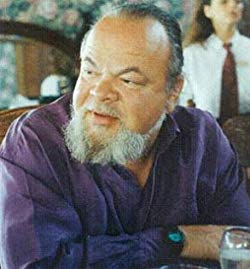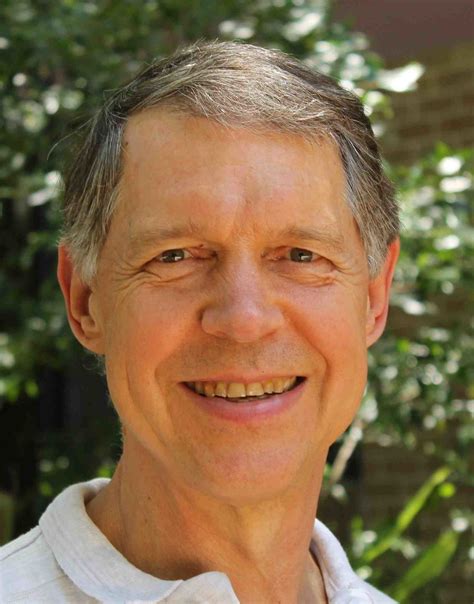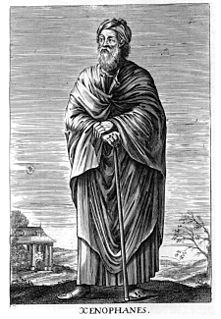A Quote by Christopher Hyatt
The majority of problems on this planet are the result of the idea that humans are not sovereign and autonomous, but property owned by primitive Gods and incompetent governments.
Related Quotes
The alternative to intellectual property is straightforward: intellectual products should not be owned, as in the case of everyday language. That means not owned by individuals, corporations, governments, or the community as common property. It means that ideas are available to be used by anyone who wants to.
This government to government relationship is the result of sovereign and independent tribal governments being incorporated into the fabric of our Nation, of Indian tribes becoming what our courts have come to refer to as quasi-sovereign domestic dependent nations. Over the years the relationship has flourished, grown, and evolved into a vibrant partnership in which over 500 tribal governments stand shoulder to shoulder with the other governmental units that form our Republic.
An irreligious man is not one who denies the gods of the majority, but one who applies to the gods the opinions of the majority. For what most men say about the gods are not ideas derived from sensation, but false opinions, according to which the greatest evils come to the wicked, and the greatest blessings come to the good from the gods.
It is useless saying that we do not accept the gods of the primitive world. In form, no; in essence, yes. The fact before us is that all ideas of gods can be traced to the earliest stages of human history.... There is an unbroken line of descent linking the gods of the most primitive peoples to those of modern man. We reject the world of the savage; but we still, in our churches, mosques, synagogues and temples, perpetuate the theories he built upon that world.
Governments are composed of human beings, and all of the frailties that humans possess are absorbed into these governments and become active within these governments. Hatred, anger, jealousy, fear, greed, distrust and the whole host of afflictions that humans must bear, lurk just beneath the surface of civility displayed by 'government.'
There is one god, greatest among gods and men, who bears no similarity to humans either in shape or thought... but humans believe that the gods are born like themselves, and that the gods wear clothes and have bodies like humans and speak in the same way... but if cows and horses or lions had hands or could draw with the hands and manufacture the things humans can make, then horses would draw the forms of gods like horses, cows like cows, and they would make the gods' bodies resemble those which each kind of animal had itself.
For the mass of men the idea of artistic creation can only be expressed by an idea unpopular in present discussions - the idea of property... Property is merely the art of the democracy... One would think, to hear people talk, that the Rothschilds and the Rockefellers were on the side of property. But obviously they are the enemies of property; because they are enemies of their own limitations.
The conception of gods originated in fear and curiosity. Primitive man, unable to understand the phenomena of nature, and harassed by them, saw in every terrifying manifestation some sinister force expressly directed against him; and as ignorance and fear are the parents of all superstition, the troubled fancy of primitive man wove the God idea.
Once upon a time ... the only autonomous intelligences we humans knew of were us humans. We thought then that if humankind ever devised another intelligence that it would be the result of a huge project ... a great mass of silicon and ancient transistors and chips and circuit boards ... a machine with lots of networking circuits, in other words, aping-if you will pardon the expression-the human brain in form and function. Of course, AIs did not evolve that way. They sort of slipped into existence when we humans were looking the other way.



































